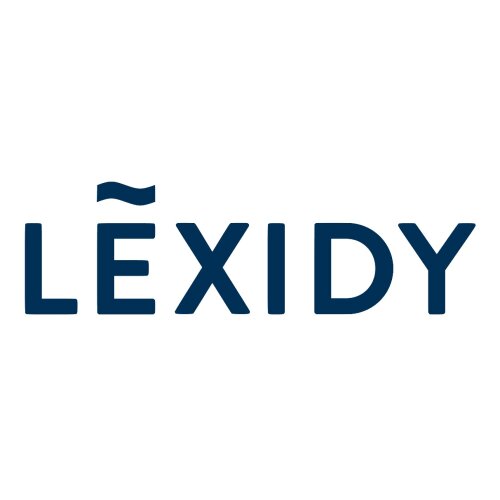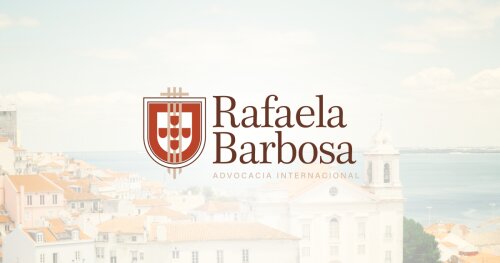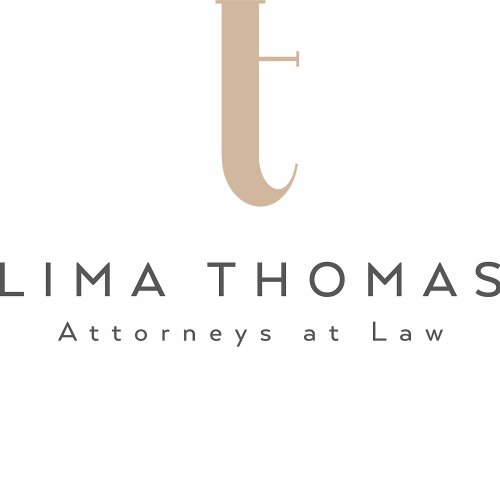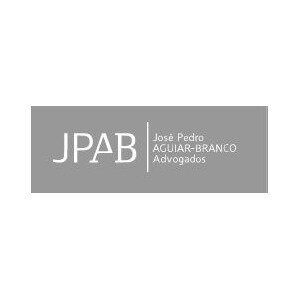Best Licensing Lawyers in Lisbon
Share your needs with us, get contacted by law firms.
Free. Takes 2 min.
List of the best lawyers in Lisbon, Portugal
About Licensing Law in Lisbon, Portugal
Licensing law in Lisbon, Portugal, pertains to the legal regulations governing the use, sale, or distribution of specific products, services, and intellectual property within the region. This includes a variety of licenses, such as those for businesses, alcohol sales, broadcasting, software, and much more. These laws are designed to ensure that activities comply with local, national, and European regulations, providing a framework to protect public interests, consumer rights, and ethical business practices.
Why You May Need a Lawyer
Engaging a lawyer for licensing matters can be crucial in various scenarios. If you are opening a new business, especially one that involves the sale of alcohol or entertainment services, navigating the complex set of licensing rules can be daunting. Similarly, if you are involved in software development or creative industries, understanding intellectual property licensing is essential. Legal assistance may also be necessary if you face disputes over licensing agreements or need to update your licensure in compliance with new regulations.
Local Laws Overview
In Lisbon, as part of Portugal, licensing laws are influenced by both national and municipal regulations. Some key aspects include the requirement for businesses to register and obtain appropriate licenses before operating, adherence to zoning laws, and compliance with health and safety standards. Intellectual property laws are aligned with EU standards, ensuring protection and enforcement across member states. Additionally, certain industries, such as broadcasting and telecommunications, may have specific regulatory bodies governing their operations.
Frequently Asked Questions
What types of business activities require a license in Lisbon?
Many types of business activities require licenses, including but not limited to, restaurants, bars, nightclubs, shops selling alcohol, and broadcasting services. Each of these requires compliance with specific licensing regulations.
How do I apply for a business license in Lisbon?
Business licenses in Lisbon can be applied for through local municipal services. It typically involves submitting various documents, such as your business plan, identification, and evidence of meeting health and safety standards.
What should I do if I want to distribute software in Portugal?
You will need to ensure compliance with local and European intellectual property laws, and it may be wise to engage a lawyer who specializes in intellectual property to draft or review licensing agreements.
Can I transfer a business license to another entity?
Business licenses in Lisbon are often entity-specific, meaning they cannot be transferred unless specifically allowed under certain conditions by the issuing authority.
What happens if I operate without a license?
Operating without the appropriate license can lead to fines, legal action, and the closure of your business. It's crucial to ensure all necessary licenses are in place before commencing operations.
Are there specific licenses for serving alcohol?
Yes, to serve alcohol, you need a specific license, and the requirements can vary based on the type of establishment and location.
What licenses do I need for internet-based businesses?
Internet-based businesses may require specific licenses depending on the nature of the service provided, such as data protection agreements and compliance with e-commerce regulations.
How are broadcasting licenses regulated in Lisbon?
Broadcasting licenses are regulated by authorities that ensure compliance with national and EU broadcasting standards, requiring formal applications and adherence to specific guidelines.
Can a foreign entity apply for a license in Lisbon?
Yes, foreign entities can apply for licenses, but it may involve additional documentation such as translations and proof of foreign registration or equivalent documentation.
What is the role of intellectual property in licensing?
Intellectual property is a critical component of licensing, especially for businesses involved in creative or technological sectors. Proper licensing protects your rights to use, sell, or distribute your creations and inventions.
Additional Resources
For more information on licensing in Lisbon, several resources can be beneficial. The Portuguese Institute of Industrial Property (INPI) is a key body for intellectual property rights. Local chambers of commerce offer guidance on business licensing, and the Lisbon City Hall (Câmara Municipal de Lisboa) provides information on municipal licenses. The Directorate-General for Economic Activities (DGAE) can also assist with business regulations.
Next Steps
If you require legal assistance for licensing in Lisbon, consider consulting with a lawyer who specializes in local licensing laws and regulations. Preparing all necessary documentation and understanding your specific needs will also facilitate the process. Reach out to professional legal associations in Portugal for referrals to qualified lawyers and seek advice from local business networks for shared insights and experiences.
Lawzana helps you find the best lawyers and law firms in Lisbon through a curated and pre-screened list of qualified legal professionals. Our platform offers rankings and detailed profiles of attorneys and law firms, allowing you to compare based on practice areas, including Licensing, experience, and client feedback.
Each profile includes a description of the firm's areas of practice, client reviews, team members and partners, year of establishment, spoken languages, office locations, contact information, social media presence, and any published articles or resources. Most firms on our platform speak English and are experienced in both local and international legal matters.
Get a quote from top-rated law firms in Lisbon, Portugal — quickly, securely, and without unnecessary hassle.
Disclaimer:
The information provided on this page is for general informational purposes only and does not constitute legal advice. While we strive to ensure the accuracy and relevance of the content, legal information may change over time, and interpretations of the law can vary. You should always consult with a qualified legal professional for advice specific to your situation.
We disclaim all liability for actions taken or not taken based on the content of this page. If you believe any information is incorrect or outdated, please contact us, and we will review and update it where appropriate.

















